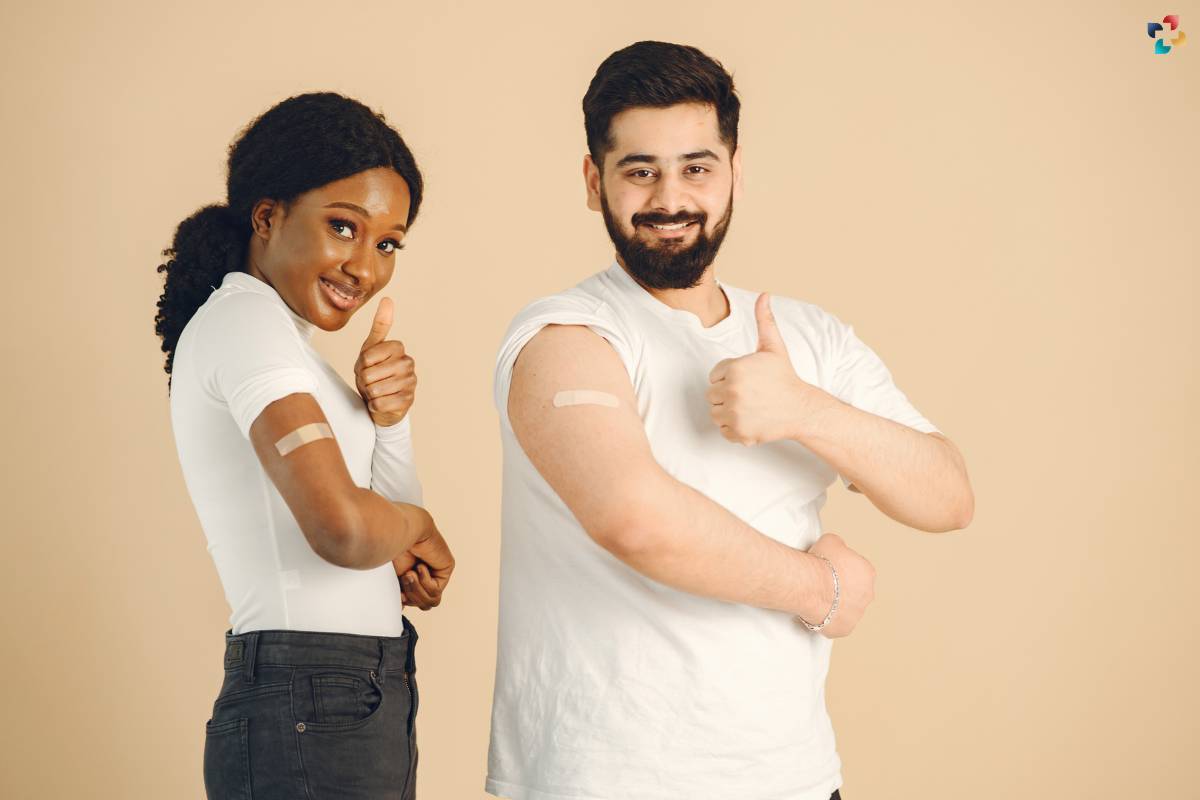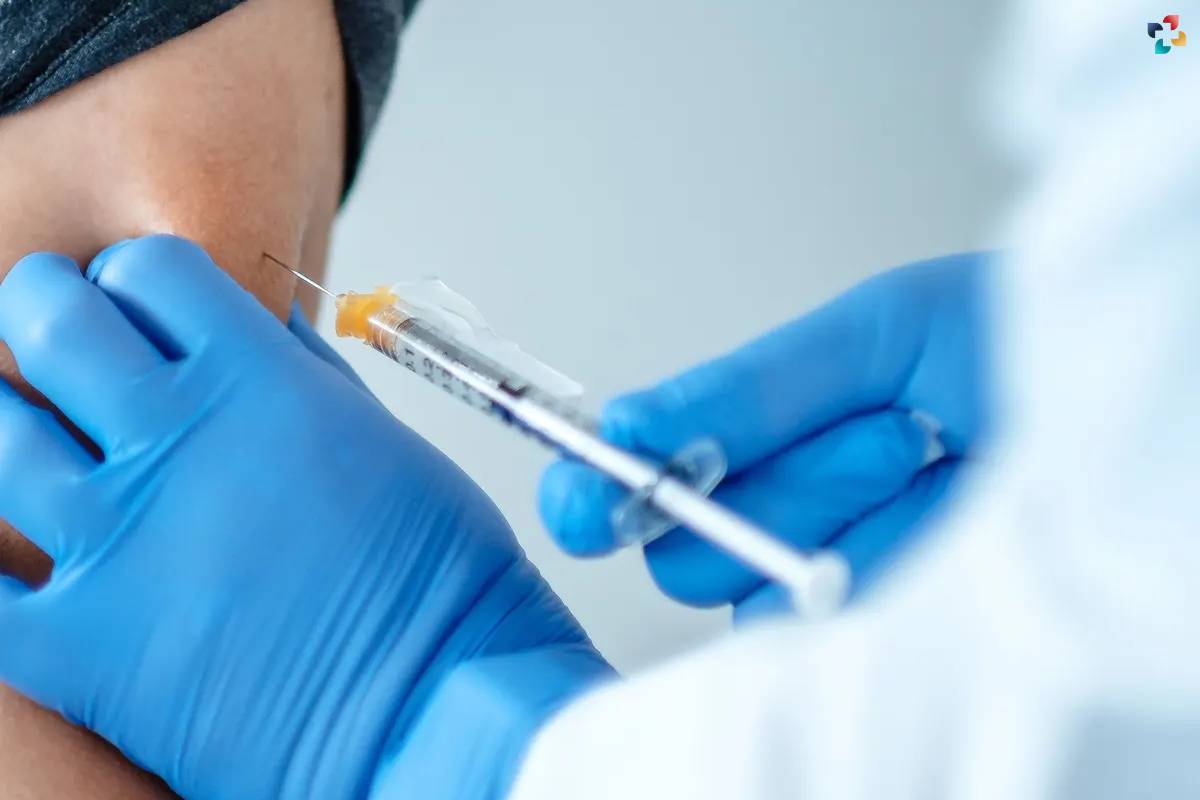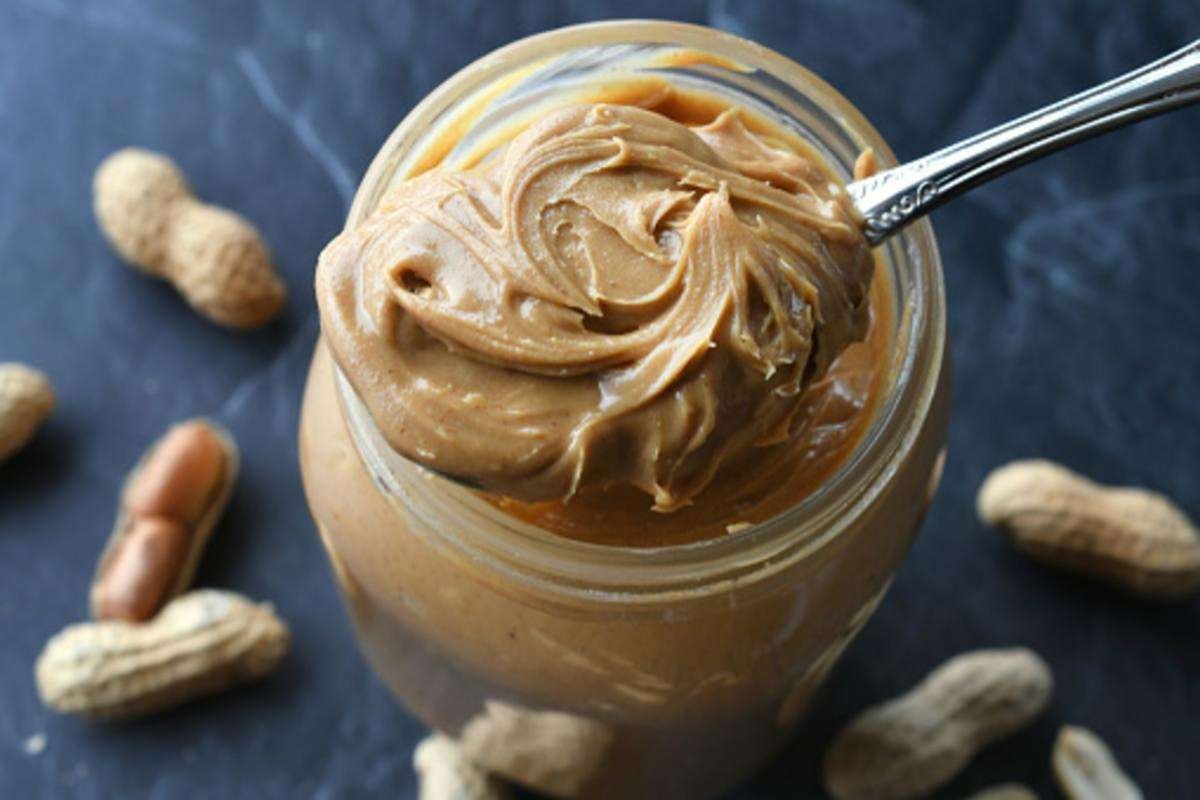A psychological fear of needles is common among people in general. A phobia of needles is known as trypanophobia. The sheer thought of the needle entering the skin scares people resulting in not getting themselves injected even when it is necessary. A raging heartbeat, stomach churn, and instant anxiousness are the common behaviors that people depict at the doctor’s visit.
The panic attack is so intense that you avoid going to the doctor the majority of the time. People have made a perception that the needle will cause them extreme pain, the thought that it enters your skin is unbearable to them. A device externally entering the body that will cause pain exactly that thought is the cause of fear of needles. Due to the fear of needles, people avoid drawing blood or getting IV fluids. It can prove dangerous to health.
Here we bring 5 Tips to Overcoming the Fear of Needles:
Understanding the Fear of Needles
Needle phobia is a real and often overwhelming fear that can lead to anxiety and avoidance of necessary medical procedures. Some individuals may experience symptoms like sweating, rapid heart rate, nausea, dizziness, or even fainting at the mere sight of a needle. While this fear is common, it’s essential to address it to ensure you receive the medical care you need without undue stress.
Tip #1: Educate Yourself

One of the most effective ways to combat the fear of needles is through knowledge and understanding. Doctors want you to know that needles are not as frightening as they may seem. Understanding the purpose of the procedure and the benefits it offers can help alleviate anxiety. Ask your healthcare provider to explain the necessity of the procedure and how it will benefit your health. It will prepare you mentally to take the needle with ease.
Tip #2: Gradual Exposure
Exposure therapy is a common approach to overcoming needle phobia. Gradual exposure to needles in a controlled and supportive environment can help desensitize your fear. Start by looking at pictures of needles or watching videos of the procedure. Then, gradually progress to witnessing the process in person, if you feel comfortable. This gradual exposure can help you become more accustomed to the idea of needles. It will help you overcome the fear of needles.
Tip #3: Relaxation Techniques
Relaxation techniques can be immensely helpful in managing needle-related anxiety. Deep breathing exercises, meditation, or mindfulness can help calm your nerves before and during a needle procedure. Doctors often recommend deep, slow breaths to help reduce tension and alleviate the physical symptoms of anxiety.
Tip #4: Distraction Techniques
Distraction can be a powerful tool in managing your fear during a needle procedure. Bring headphones and listen to soothing music or an engaging podcast. Focus your attention on something other than the needle, such as counting backward from 100 or visualizing a serene place. Doctors themselves often use this technique to distract the patient by talking to him on purpose. It shifts their attention from the needle insertion to the conversation initiated by the doctor.
Tip #5: Communicate with Your Healthcare Provider

Open and honest communication with your healthcare provider is crucial. Doctors are well aware of needle phobia and are trained to provide support and guidance. Share your fear with your healthcare provider, and they can offer reassurance, explain the procedure in detail, and even consider using smaller needles or numbing creams if appropriate.
Doctor’s Tips for Needle Insertion
When it comes to the actual needle insertion, here are some tips that doctors would typically provide to ease the process:
1. Relax Your Muscles:
Tense muscles can make needle insertion more uncomfortable. Try to keep the muscles at the injection site as relaxed as possible. The stiffness of the muscles will not allow the injection to go inside smoothly. The medicine put inside may spill out, resulting in another injection.
2. Don’t Look:
If the sight of the needle is a trigger, you can ask the healthcare provider not to show you the needle. A well-trained healthcare professional can perform the procedure effectively without you having to see it. Looking at the injection will intimidate you more which will result in being anxious all the time.
3. Stay Hydrated:
Dehydration can make your veins more challenging to find, leading to multiple needle attempts. Drink plenty of water before a blood draw to ensure better vein visibility.
4. Stay Still:

It’s crucial to stay as still as possible during the needle insertion. Sudden movements can cause discomfort or even injury. Trust your healthcare provider to perform the procedure safely. As the doctor says, lie there still and do not make a jerky movement or any kind of movement.
5. Ask for Support:
If you’re extremely anxious, consider having a friend or family member accompany you to provide emotional support during the procedure. Hold their hands tight and look on the opposite side of the needle, it’ll help you be courageous.
Conclusion:
The fear of needles is a common phobia that can be managed and overcome with the right strategies and support. Doctors want you to know that they are there to help you through this fear and make medical procedures as comfortable as possible. By educating yourself, seeking gradual exposure, practicing relaxation and distraction techniques, and maintaining open communication with your healthcare provider, you can conquer your fear of needles and ensure a fear-free future of medical care. Remember, you’re not alone in this journey, and your health and well-being are worth the effort to overcome this fear.







